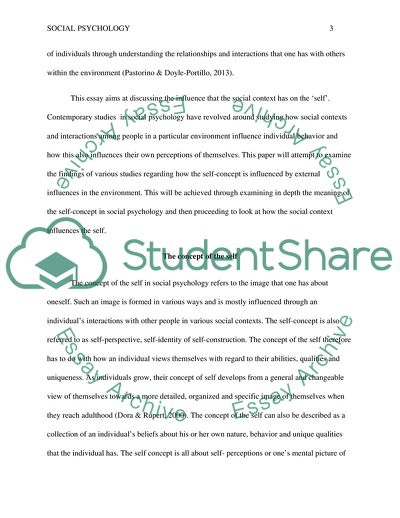Cite this document
(Social Psychology Essay Example | Topics and Well Written Essays - 1500 words - 1, n.d.)
Social Psychology Essay Example | Topics and Well Written Essays - 1500 words - 1. https://studentshare.org/psychology/1810136-social-psychology
Social Psychology Essay Example | Topics and Well Written Essays - 1500 words - 1. https://studentshare.org/psychology/1810136-social-psychology
(Social Psychology Essay Example | Topics and Well Written Essays - 1500 Words - 1)
Social Psychology Essay Example | Topics and Well Written Essays - 1500 Words - 1. https://studentshare.org/psychology/1810136-social-psychology.
Social Psychology Essay Example | Topics and Well Written Essays - 1500 Words - 1. https://studentshare.org/psychology/1810136-social-psychology.
“Social Psychology Essay Example | Topics and Well Written Essays - 1500 Words - 1”. https://studentshare.org/psychology/1810136-social-psychology.


